
Thinking of launching a website or redesigning an existing one? A business that wants to sell products and services needs a solid eCommerce platform. An eCommerce solution is what enables your site to process payments and ship out orders.
But sometimes it’s difficult to know which eCommerce platform is right for a business. That’s why we’ve picked the top five and put together some information for business owners about each solution. Read all about it below.
BigCommerce
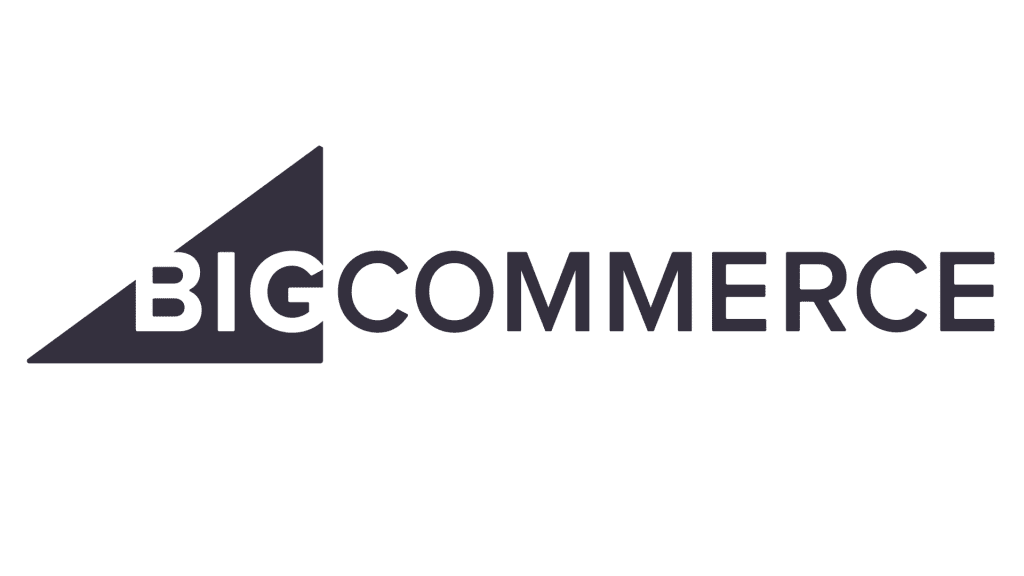
BigCommerce is one of the best solutions for businesses looking for a little bit of everything in one application. In the bigcommerce vs shopify debate, BigCommerce wins when it comes to the variety of features. While there are several different plan tiers, all of them give a company unlimited storage and the ability to sell on Facebook, Amazon, and Instagram.
If desired, an organization can even add a blog to its eCommerce site to encourage organic or paid traffic. Content writers can offer product advice on the blog and upload videos demonstrating how the products work. BigCommerce also integrates with over 65 payment applications and other software solutions a business may already be using. Sync your CRM to offer a more personalized online shopping experience.
GoDaddy
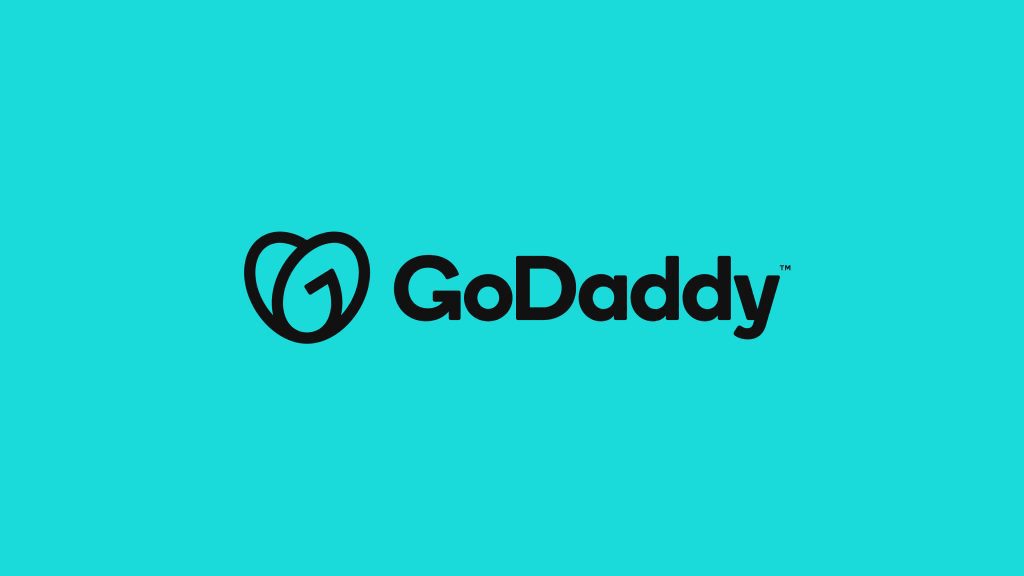
Tech novices will love the GoDaddy platform for its ease of use. Employees don’t have to have a background in web design or coding to navigate the app or set up an eCommerce site. There’s a dashboard that’s simple to understand, and if there are problems, GoDaddy has a 24/7 support team.
GoDaddy features tools so an organization can target customers who’ve abandoned their carts. The platform also integrates with Amazon and social media sites like Facebook and Instagram. Business owners can also use GoDaddy to sync Yelp, Google, and Facebook reviews to their sites.
Weebly
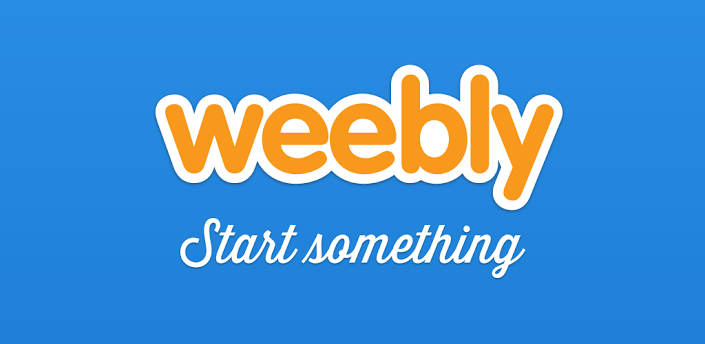
Got a brick-and-mortar store? Weebly has a built-in feature that lets customers shop online and then pick up their items at a physical store. This platform offers a free plan, and business owners can design templates using Weebly’s drag-and-drop builder.
Even with the free plan, owners will get access to inventory management and tax calculation tools. Plus, they can manage their sites on the go with Weebly’s mobile app.
Square
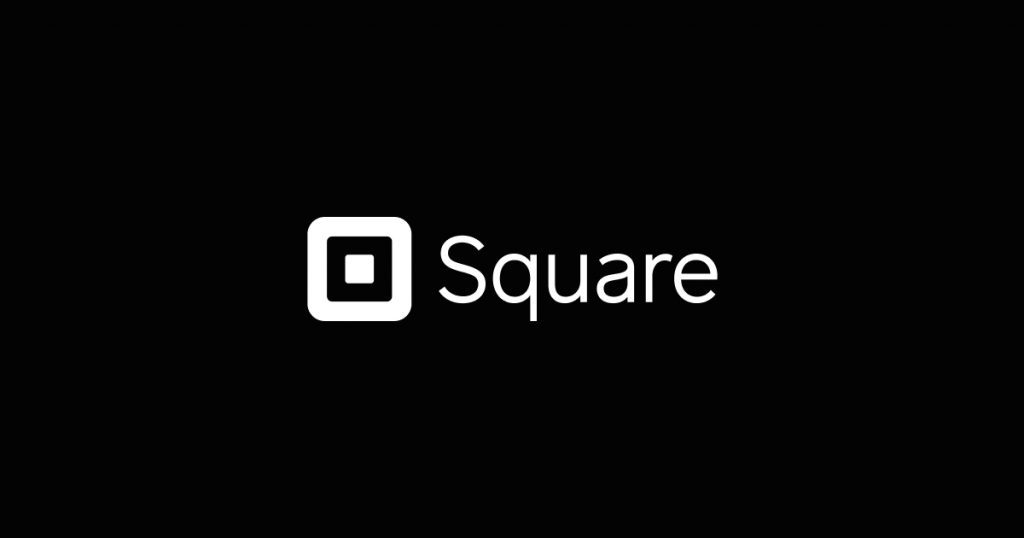
If a business is targeting prospects and customers on Instagram, Square lets owners do it for free. Entrepreneurs can market an unlimited number of products on the social media site and get 500MB of storage space. Coding skills aren’t required, but businesses will be limited to selling to customers in the same country.
Square is best for small businesses that are just starting out. However, organizations can also offer curbside pickup, collect donations, and sell tickets to events.
Smoolis
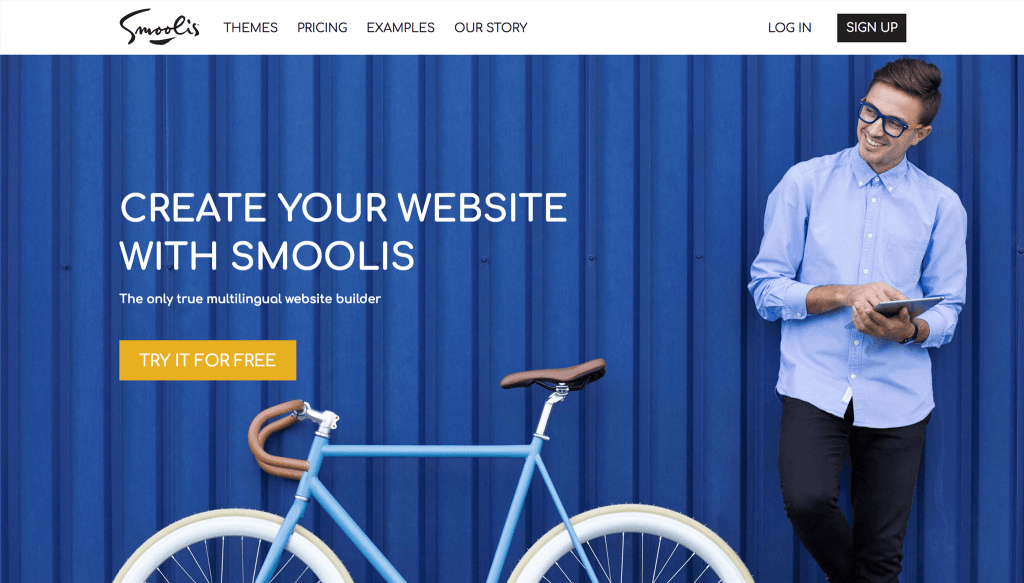
Need to sell across the pond? Smoolis allows businesses to market to customers around the globe and supports payments in different currencies. If owners want to give Smoolis a test run, there’s a 14-day trial period.
The platform supports 58 different languages, currency converters, and various countries’ tax rates. Smoolis syncs with five payment platforms and allows companies to print out packing slips.
Choosing an eCommerce platform for a business is a personal and strategic decision. Entrepreneurs have to determine their main objectives, factor in their customer base, and budget. Although all eCommerce solutions will support the sale of a company’s products, organizations want one that matches their purpose.




